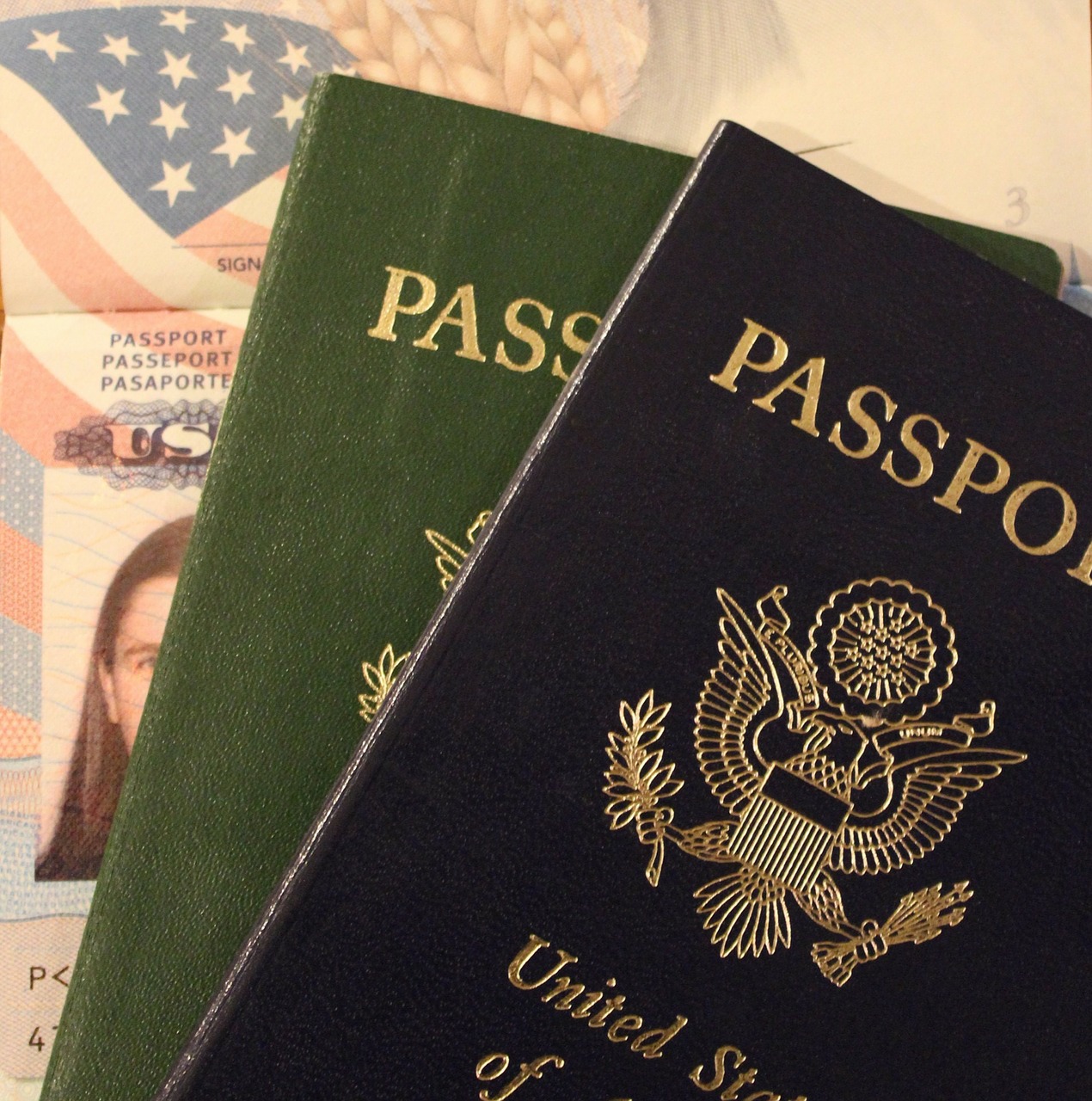July 17, 2014
To appreciate the relevance of playwright Ayad Akhtar’s work, you need look no further than two eerie coincidences that shadowed his debut drama, “Disgraced.” The play, which portrays the downfall of a Muslim American lawyer, won the Pulitzer Prize for drama in 2013. The day the award was announced, two Muslims deposited pressure-cooker bombs near the finish line of the Boston marathon. A second grisly coincidence came a few weeks later. On the day “Disgraced” opened in London two Muslims murdered and tried to behead a British soldier on a busy street in what one said was revenge for the British army’s killing of Muslims in Iraq and Afghanistan. Nobody linked these attacks to Akhtar’s play, but they were nonetheless chilling reminders of the violence that hovers at the edges of the territory he explores. “The work I’m doing is in direct dialogue with what’s happening in the Muslim world,” he said recently over dinner in New York.
‘A process of coming out’
By some measures, Akhtar is thoroughly American: born on Staten Island and raised in the Midwest. Both his parents are doctors who emigrated from Pakistan in the late 1960s. A Muslim identity pervaded his family to varying degrees — his father abstained from practice while his grandmother was so devout she lowered her eyes every time the prophet was mentioned. Young Ayad was drawn to his faith and went through a period of intense religious commitment. As he got older, he wanted to fit into American life but often felt invisible among the white kids in his suburban Brookfield, Wis., neighborhood. “I didn’t have a place in the culture in the same way that my white friends did,” he recalls.
Akhtar turns an introspective eye on Islam’s tough questions. Like the daughter Zarina in “The Who & the What,” he has long wondered about the true nature of the prophet Muhammad. In the play, Zarina has written a novel portraying the seventh-century founder of Islam as a real man; her aim, as she puts it, is to consider “who he really was” — to view him not just as a figure of worship but as a human. In considering the prophet, Zarina raises questions about the treatment of women under Islam. “I hate what the faith does to women,” she says. “For every story about [the prophet’s] generosity or his goodness, there’s another that’s used as an excuse to hide us, erase us.” Her father, Afzal, is outraged not only because of her blasphemy but because of the dangerous implications for a daughter he loves beyond measure. “In Pakistan, she would be killed for this,” he cries. Then, trembling at such a prospect, he adds: “If anything happened to her . . . .” But in the end, his ire gets the best of him and he wants to erase Zarina from his mind, telling her: “You make me regret the day you were born.” Akhtar has been obsessed with the prophet since he dreamed about him at age 8. He fully understands Afzal’s frenzy, but he also is in sympathy with Zarina. “I’m still trying to understand what the Prophet means not only to me but to our community,” he says.






